UAE and the two major Emirates Abu Dhabi and Dubai have various visions describing the guidelines for the coming years in areas of economy and social development, tourism and energy. The targets and strategic actions correspond very well with the strategic target industries of Finland and their offering.
Dubai’s Tourism Vision
Dubai’s Tourism Vision for 2020 is a strategic roadmap with the key objective of attracting 20 million visitors per year by 2020, doubling the number welcomed in 2012. The Vision was approved in May 2013.
Tourism is seen as a central pillar of Dubai’s economic growth and diversification. To accomplish these goals, the vision will focus on three key objectives:
- Maintaining market share in existing source markets
- Increasing market share in markets we’ve identified with high growth potential
- Increasing the number of repeat visits
UAE Vision 2021
The cornerstones of the UAE vision 2021 are as follows
National Agenda supporting the vision consists of the following sub themes
- Cohesive Society and Preserved Identity
- Safe Public and Fair Judiciary
- Competitive Knowledge Economy
- First-Rate Education System
- World-Class Healthcare
- Sustainable Environment and Infrastructure
- National Key Performance Indicators
Each of the agenda points has clear KPI's.
The National Agenda aims for the UAE to be among the best in the world in entrepreneurship. Furthermore, a striveis there to install an entrepreneurial culture in schools and universities in order to foster generations endowed with leadership, creativity, responsibility and ambition. This would allow the UAE to be among the best in the world in ease of doing business, innovation, entrepreneurship and R&D indicators
The importance of preventive medicine is highlighted and seeks to reduce cancer and lifestyle related diseases such as diabetes and cardiovascular diseases to ensure a longer and healthier life for citizens.
In addition, there is a target to reduce the prevalence of smoking and increase the healthcare system’s readiness to deal with epidemics and health risks.
The agenda also focuses on improving the quality of air, preserving water resources, increasing the contribution of clean energy and implementing green growth plans.
Also the importance of infrastructure and aims for the UAE to be among the best in the world in the quality of airports, ports, road infrastructure, and electricity is of high priority. Leading telecommunications infrastructure is seen as a necessity for the UAE to become a forerunner in the provision of Smart services.
UAE Energy Vision
Renewable energy is now economically attractive in the United Arab Emirates, a 10% share of renewable energy in the total energy mix could generate annual savings of USD 1.9 billion by 2030 based on avoidance of fossil fuel consumption. When accounting for health and environmental benefits additional net annual savings of USD 1 billion to 3.7 billion by 2030 could be generated.
Almost half of the energy produced should come from renewable and clean energy sources, the dependence of fossil fuels as source of energy thus radically reduced
Abu Dhabi Economic Vision 2030
The Abu Dhabi Economic Vision 2030 is a comprehensive plan from the Government of Abu Dhabi for the long-term transformation and diversification of the Emirate’s economy. It aims for creating a reduced reliance on the oil sector as a source of economic activity, a greater focus on knowledge-based industries and a significant increase in the contribution of other sectors to the Emirate’s Gross Domestic Product (GDP) by the year 2030.
Two key priority areas have been identified for economic development in Abu Dhabi: building a sustainable economy, and ensuring a balanced social and regional economic development approach that brings benefits to all.
The vision identifies the Government’s immediate economic priorities for building an open, efficient, effective and globally integrated business environment, adopting a disciplined fiscal policy driving significant improvement in the efficiency of the labor market and developing a highly skilled and highly productive workforce.
Team Finland and the National Finnish Agenda has identified Bio economy (e.g. waste to energy), Cleantech (water and renewable energy), Healthcare solutions (e.g. medical technology and preventive healthcare), ICT (digitalization, IoT) and Education (e.g. school concepts and vocational training) as some of the spearhead industries for Finland. This offering and the further development of it corresponds perfectly to the needs of the above mentioned visions.
Finnish companies are encouraged to participate in enabling UAE to reach its vision and at the same time create a good and continuous business for themselves in the United Arab Emirates.
Writer Jukka Hahlanterä, Head of Middle East, Finpro

